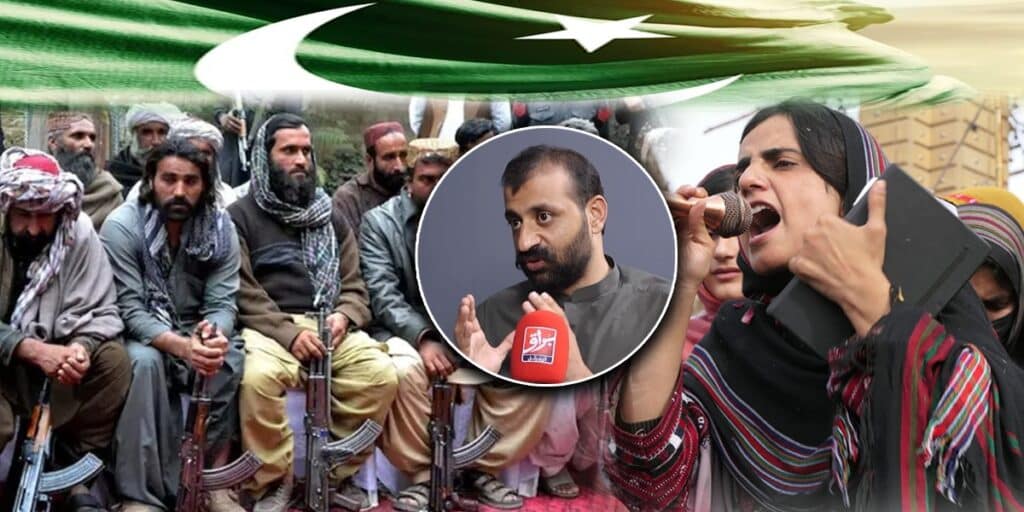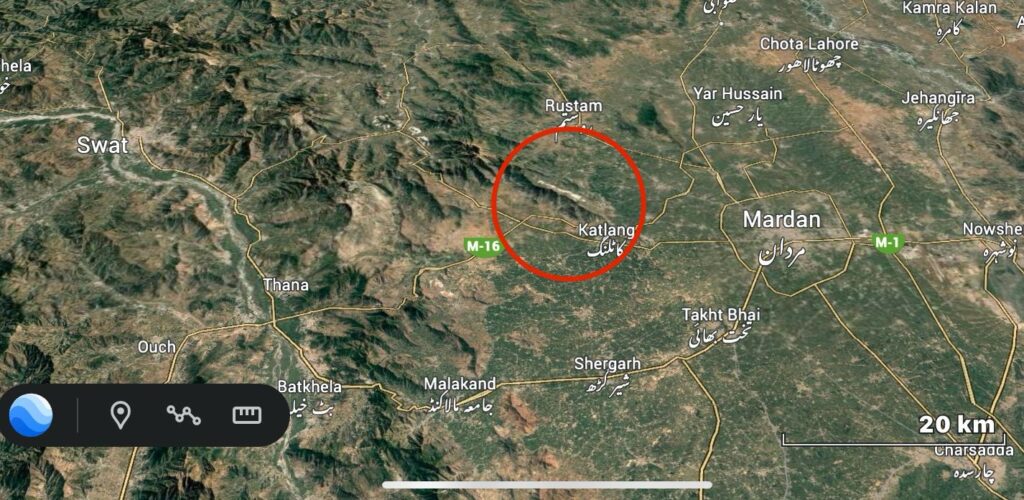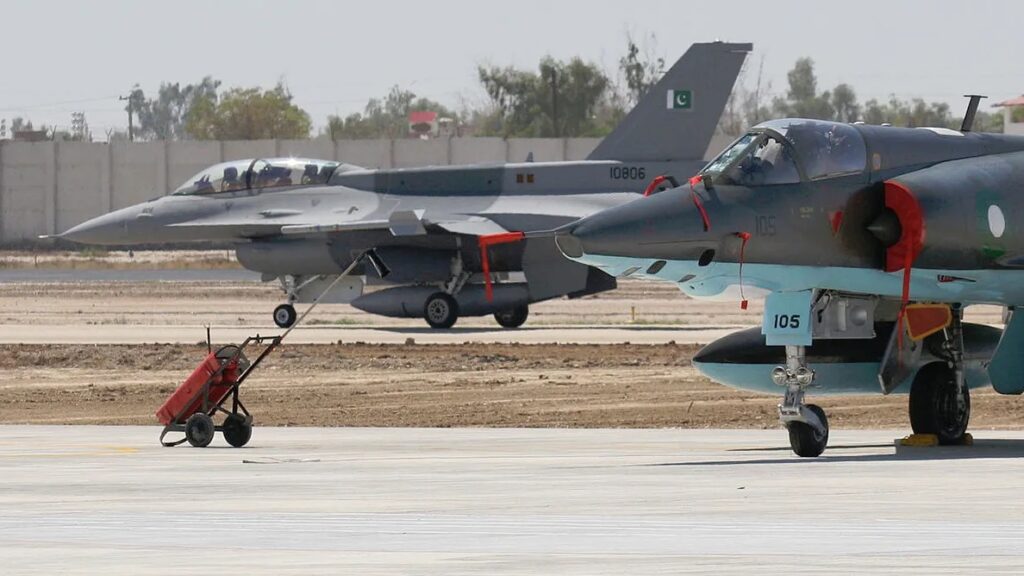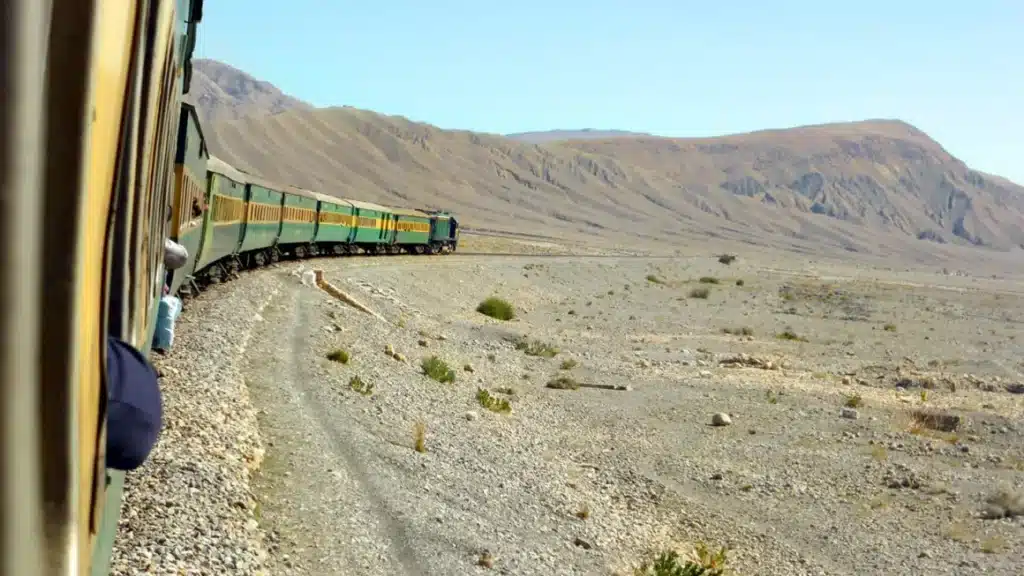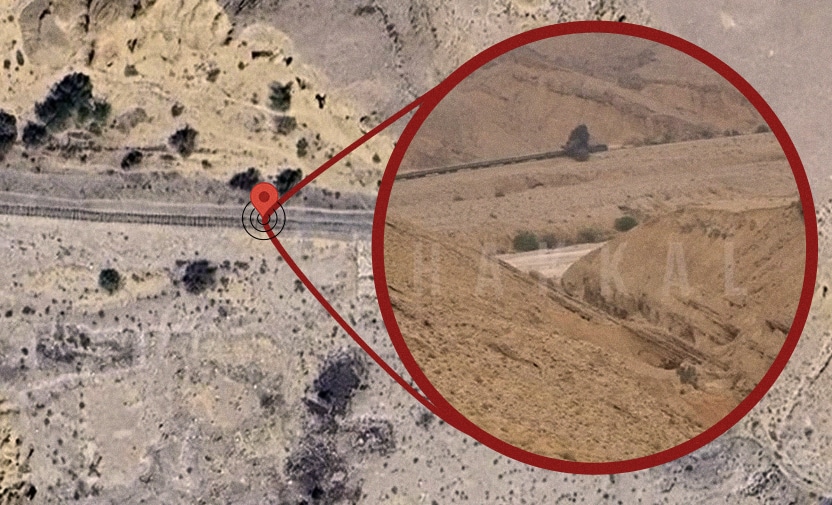For decades, Balochistan has borne the brunt of a war that was neither started nor wanted by its people. From the hills of Kohlu to the coast of Gwadar, we have been caught in the crosshairs of regional rivalries, foreign-sponsored proxy wars, and narratives carefully curated to destabilise Pakistan. This war was imposed on us—economically, politically, and psychologically—by elements that sought to keep Balochistan in perpetual unrest.
But today, the tide is beginning to turn.
The same neighbors where anti-Pakistan proxies once found sanctuary—Iran and Afghanistan—are now coming to terms with the consequences of their past choices. Tehran has recently sentenced Mossad-linked agents, with some even facing execution, while Kabul has publicly acknowledged that its soil will no longer be allowed for use against Pakistan. This is not a diplomatic coincidence—it is the result of years of evidence, perseverance, and Pakistan’s consistent stance that terrorism against us is being exported through these very borders.
In Balochistan, we have paid the highest price. Groups like “Fitna al-Hindustan” have masqueraded as liberation movements while being funded and trained by hostile foreign agencies. Their targets have never been limited to security forces—they have attacked markets, schools, mosques, and even wedding ceremonies. Their message has never been about Baloch rights—it has been about chaos and bloodshed.
Pakistan has long argued that India and its partners have used Afghanistan and parts of Iran as staging grounds for terrorism. Today, those arguments are being validated by actions on the ground. As these proxies turn against their own creators, the region is realizing that you cannot play with fire and expect not to be burned. Terrorism, once used as a tool of foreign policy, is now spiraling out of control in the very countries that once enabled it.
In this context, the question arises: Should Pakistan also hand out exemplary punishments to such elements? The answer is clear. Yes—without hesitation. Those who raise arms against the state, kill our children, destroy our institutions, and wage war under foreign sponsorship must be dealt with sternly. Unfortunately, Pakistan’s biggest obstacle is not the enemy without, but the enablers within. Some political figures continue to shield these elements, framing them as victims or “freedom fighters” to score points or align with foreign-funded agendas.
These so-called civil society groups—often funded from abroad—take to the streets not when civilians are killed, but when a terrorist is neutralized. They organize sit-ins on coffins of militants and label them as martyrs. What kind of political movement grooms children, ties banned outfits’ flags to their foreheads, and then pushes them toward the mountains to fight a war they do not understand?
These are not political actors—they are narrative operators. They run media campaigns, exploit grievances, and serve the strategic needs of hostile powers. When one of their own is killed or arrested, they pivot to the “missing persons” narrative. But we know how this script works. The same individuals who plan attacks release their own videos, claiming responsibility, and yet cry foul when the state responds. These contradictions no longer fool anyone.
But Balochistan is not broken. It is awakening. In places like Dera Bugti, Kohlu, and Panjgur, the local population is no longer passive. They are resisting. Recently, when terrorists tried to infiltrate Tiba Bugti, it wasn’t just the state—it was local leadership like Mir Aftab Bugti who led community lashkars and drove the attackers out. This shift is seismic. It shows that the real power lies with the people, not the proxies.
Behind the scenes, Pakistan’s intelligence and diplomatic corps have become far more agile and proactive. Under the leadership of DG ISI and others, significant diplomatic wins have been achieved. These officers may not appear on TV screens, but their work in breaking the back of terrorist networks and shifting international opinion is undeniable. The increasing isolation of anti-Pakistan elements is not accidental—it is strategic.
Today, even Iranian parliamentarians raise slogans in Pakistan’s favor. Kabul, under pressure, is pledging not to let terrorists use Afghan soil. These developments show that Pakistan’s narrative is finally gaining traction because it is grounded in truth.
And the future? I am optimistic. Not just cautiously optimistic, but confident. Someone recently told me they wanted to sell their land in the Baloch belt and move to the Pashtun belt due to better security. I told them: don’t sell—wait. A new Balochistan is emerging. The kind where land will become more valuable, not less. Where peace will attract investment, and where CPEC, Reko Diq, and security-driven development will reshape our destiny.
By 2028, Balochistan will no longer be a province seen through the lens of instability. It will be a model of resilience. The mountains will no longer be hideouts; they will be destinations for tourists and investors. The shadows are retreating. The proxies are failing. And the people of Balochistan—long betrayed, long ignored—are finally stepping into the light.

